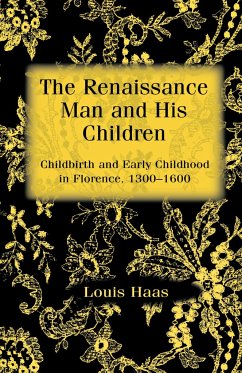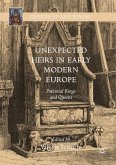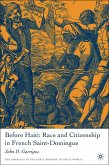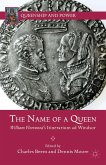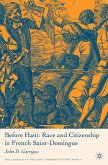In The Renaissance Man and His Children , author Louis Haas delves into account books, letters, and literature of the Renaissance to examine elite Florentine male attitudes and behaviors regarding birth and infancy from 1300 to 1600. Unlike most recent studies which concern the perspectives of Renaissance mothers, this volume seeks specifically to focus on the viewpoints of fathers in relation to childbirth, childrearing and children. Haas finds that although it was a serious and even deadly business, the miracle of birth provided most elite Florentines (both male and female) with joy and a sense of fulfillment. He reveals that most of these Florentines wanted children and that they recognized that children had special needs, which they provided for willingly within the structures of their daily lives. Acknowledged by many parents as a distinct stage in human development, childhood in this time period is unveiled as a much less grim process than is typically imagined. In addition, Haas offers information on the various rites of passage that Renaissance society provided for its children, such as baptism, naming, and godparenthood. A comprehensive study that contains fresh insights into Renaissance families, The Renaissance Man and His Children lends credence to the claim that affectionate family life was no invention of modernity, but has actually been a facet of humanity for centuries.
Bitte wählen Sie Ihr Anliegen aus.
Rechnungen
Retourenschein anfordern
Bestellstatus
Storno

